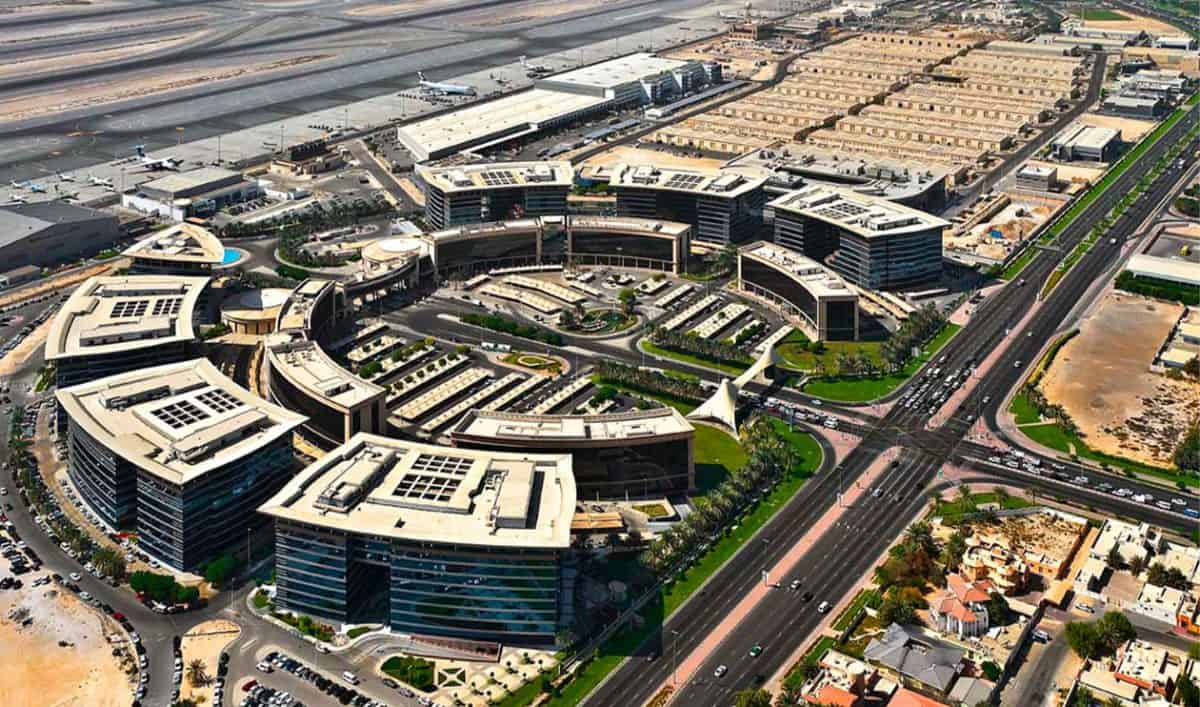Dubai Free Zones (DFZs) are on track to boost their contribution to Dubai’s Gross Domestic Product to AED250 billion by 2030, Sheikh Ahmed bin Saeed Al Maktoum said during the meeting of the DFZ Council on Wednesday.
Sheikh Ahmed, who is the chairman of the DFZ Council, added the free zones have continued to develop their services throughout the current decade in line with the demands of new economic opportunities. He underlined the significance of facilitating investor journey in strengthening Dubai’s and the wider UAE’s position as a preferred investment destination
The chairman praised the valuable options that the Invest in Dubai platform offers.
Approved recently by the UAE cabinet, the Invest in Dubai facilitates entry and residence of foreigners to strengthen the UAE’s position as an ideal destination to live, work, and invest
The new system includes amendments to the Golden Residency Scheme, Green Residency Scheme, tourist visas, and other specialised visas such as job exploration, business, temporary work mission, study and training to attract and retain global talent from all over the world.
The DFZ Council also explored a new phase of the Invest in Dubai platform that adds 80 new services, including electronic connectivity through a single portal that is within the reach of startups, investors, and international companies wishing to establish regional headquarters and branches in Dubai, as well as tax registration services, designing business plans, evaluating feasibility, among others.
The new services are a valuable addition utilising digital economy, fourth industrial revolution, and artificial intelligence, to provide business-as-a-service systems, including accounting management, operational and production operations management, cloud computing, and virtual smart service centers.

